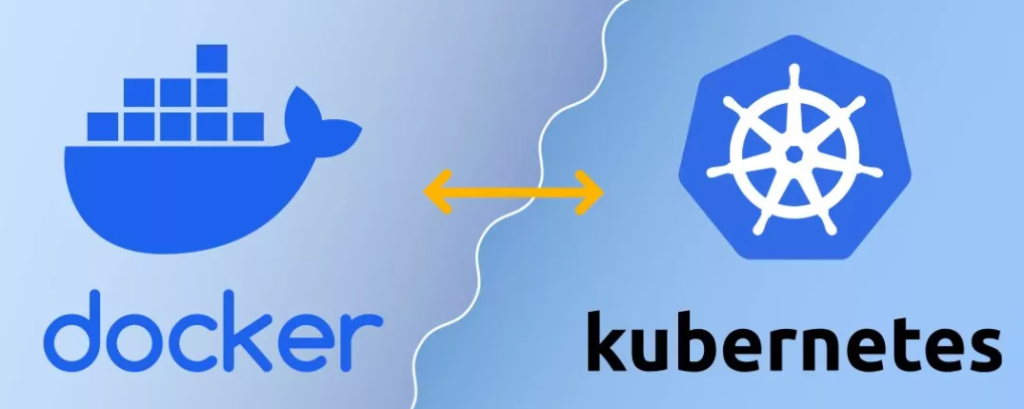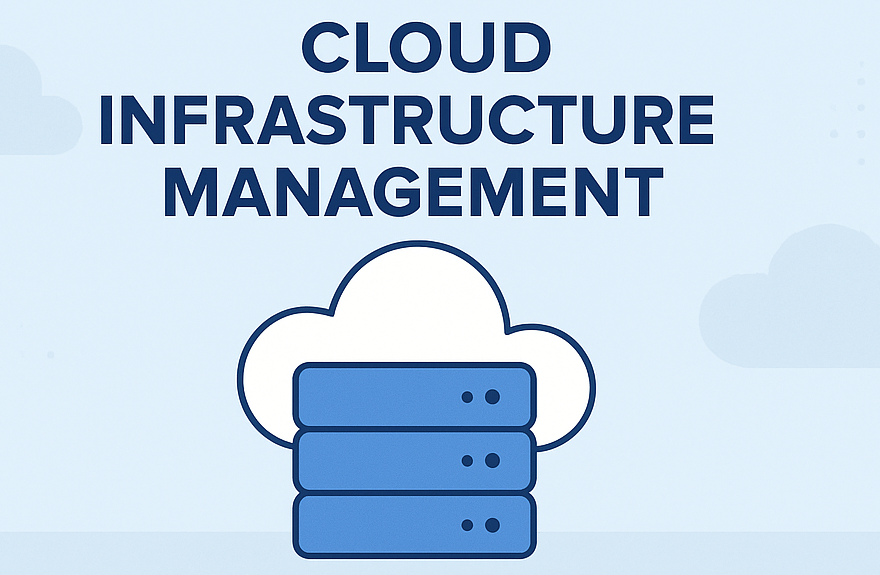Introduction
Docker and Kubernetes play pivotal roles in the world of containerization. Both are crucial for modern application development yet serve distinct purposes. Understanding their differences is key to making informed decisions about managing and deploying containerized applications.
In this blog, we’ll explore what Kubernetes and Docker are, how they differ, and when to use each in your tech stack.

What is Docker?
Docker is a powerful platform designed for building, shipping, and running containers. These containers are lightweight, portable, and self-contained environments that package an application along with all its dependencies.
Key Features of Docker
- Containerization: Packages applications into containers, ensuring portability and consistency across different environments.
- Ease of Use: Provides intuitive commands and tools to streamline the creation and management of containers.
- Isolation: Ensures that each container operates independently, preventing conflicts between applications.
- Docker Hub: Offers a vast repository for sharing and downloading pre-built container images.
What is Kubernetes?
Kubernetes (K8s) is an open-source platform that helps manage, scale, and automate the deployment of containerized applications. Created by Google, it is designed to handle clusters of containers across multiple machines efficiently.
Key Features of Kubernetes
- Orchestration: Simplifies the deployment, scaling, and management of containers.
- Self-Healing: Automatically restarts failed containers and reschedules them when needed.
- Load Balancing: Distributes traffic evenly across containers to ensure efficient performance.
- Scaling: Adjusts the number of containers automatically based on demand.
- Multi-Node Management: Handles containers running across multiple machines seamlessly.
Key differences between Kubernetes and Docker

How Do Kubernetes and Docker Complement Each Other?
Yes! Kubernetes and Docker are often used together. Docker creates and runs containers, while Kubernetes manages and scales them.
How They Work Together
- Docker Runtime: Kubernetes uses Docker to run containers.
- CI/CD Pipelines: Docker builds container images, and Kubernetes deploys them.
- Development to Production: Docker is great for local development, while Kubernetes manages large-scale production environments.
When to Use Docker vs. Kubernetes

Conclusion
Kubernetes and Docker serve different purposes but work seamlessly together. Docker is perfect for creating and running containers, while Kubernetes excels at orchestrating them. By combining Docker for containerization and Kubernetes for orchestration, you can achieve scalable, efficient, and reliable deployments, providing a robust framework for modern application development and deployment.
Also read our blog post on Transforming DevOps with Generative AI.
What’s Next ?
We’re here to support you! Should you have any questions or need assistance, don’t hesitate to get in touch with us. Contact us at info@uranuscloudsolutions.com and we’ll be happy to help. Your satisfaction is our priority!.


